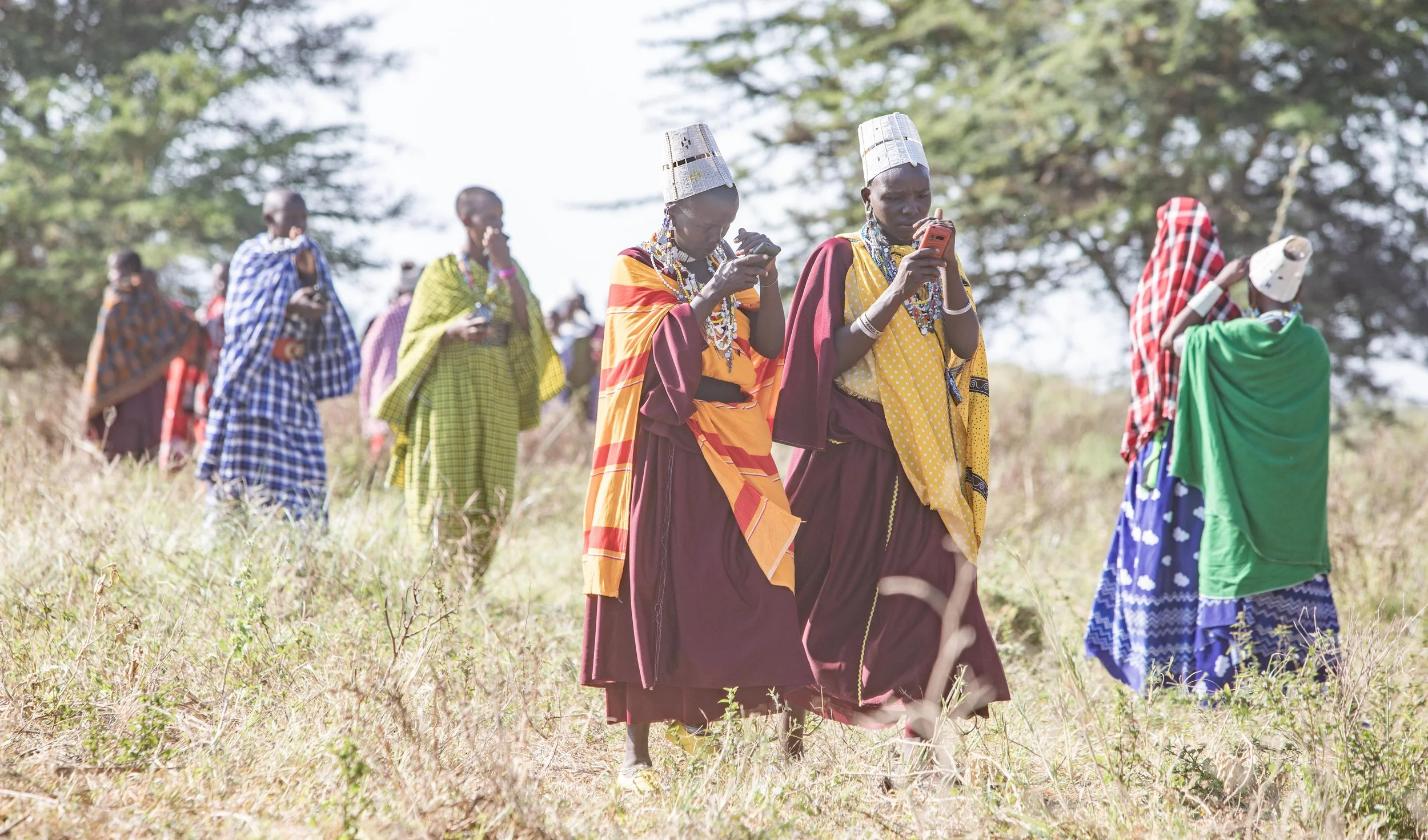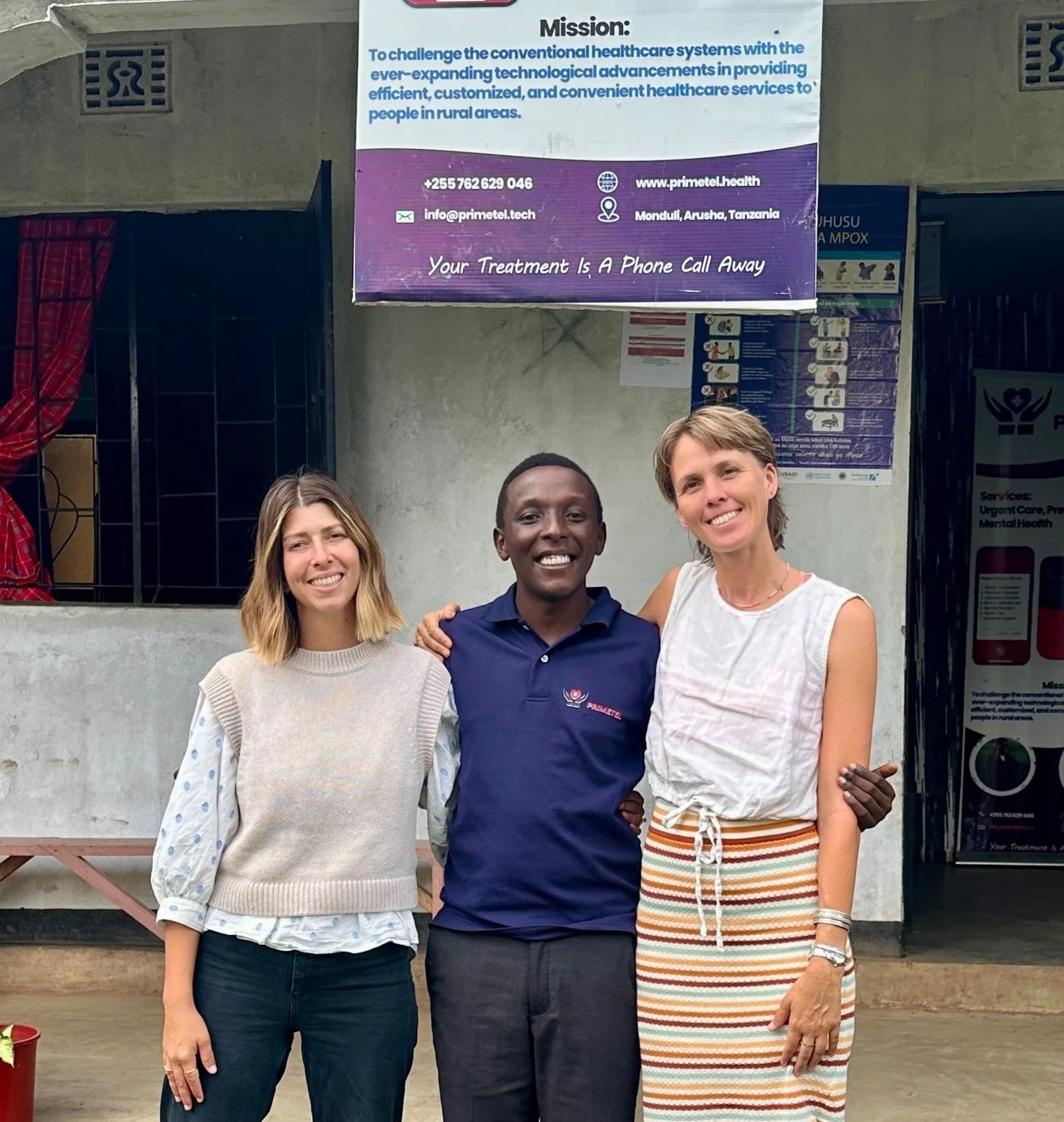Opening Up the Conversation on Women’s Health - One USSD Menu at a Time
At Mwandamo, we believe every woman deserves the right to knowledge, dignity, and accessible care. Based in Northern Tanzania, our mission is to transform women’s health through education and care, improving health outcomes for girls and women across the region.
We’re excited to share the first step in this mission: a USSD-based platform designed to break the silence around menstrual health, empower girls to stay in school, and open up conversations about reproductive health.
Why USSD? Because it works. While smartphone use is growing, over 70% of Tanzanian women still rely on basic mobile phones. That’s why we chose to develop a USSD (Unstructured Supplementary Service Data) system—a simple, menu-based technology that works on any phone, with no need for data or apps. Best of all, using the USSD service will be completely free for users—ensuring that cost is never a barrier to access. By dialing a short code, users will be able to access trusted, culturally-sensitive information about their menstrual cycle, ask questions anonymously, and find supportive resources.
This isn’t just about information—it’s about empowerment. In many communities, girls miss school during their periods due to stigma or lack of knowledge. Many women don’t have access to accurate, shame-free reproductive health education. Our USSD tool helps change that by putting power into the hands of users, one message at a time.
We’re proud to be building this platform in partnership with Primetel Health (https://health.primetel.tech), a health-tech consultancy that specializes in accessible digital tools for underserved populations. Together, we’re designing a solution that’s simple, secure, and built for real-world use in the communities we serve.
And this is just the beginning.
Over time, the USSD platform will evolve—not only as a source of reliable information, but as a channel that can connect women directly to the healthcare services they need. From identifying symptoms to locating nearby providers, the system will grow to support users throughout their health journey.
The next step in our USSD journey is to introduce a pregnancy tracking menu within the USSD platform, allowing expectant mothers to receive timely, stage-specific updates and reminders throughout their pregnancy. We also plan to roll out the platform across rural communities by employing two dedicated Community Health Workers. These CHWs will host women’s circles—safe, supportive gatherings where they can introduce the USSD tool, answer questions, and foster open conversations around menstrual and reproductive health.
As we prepare to pilot this platform in the coming months, we’re working closely with local schools, clinics, and community leaders to ensure it reflects the lived experiences of Tanzanian women and girls.
Because when we open up the conversation, we open up possibilities—and with the right tools, every woman can thrive.


